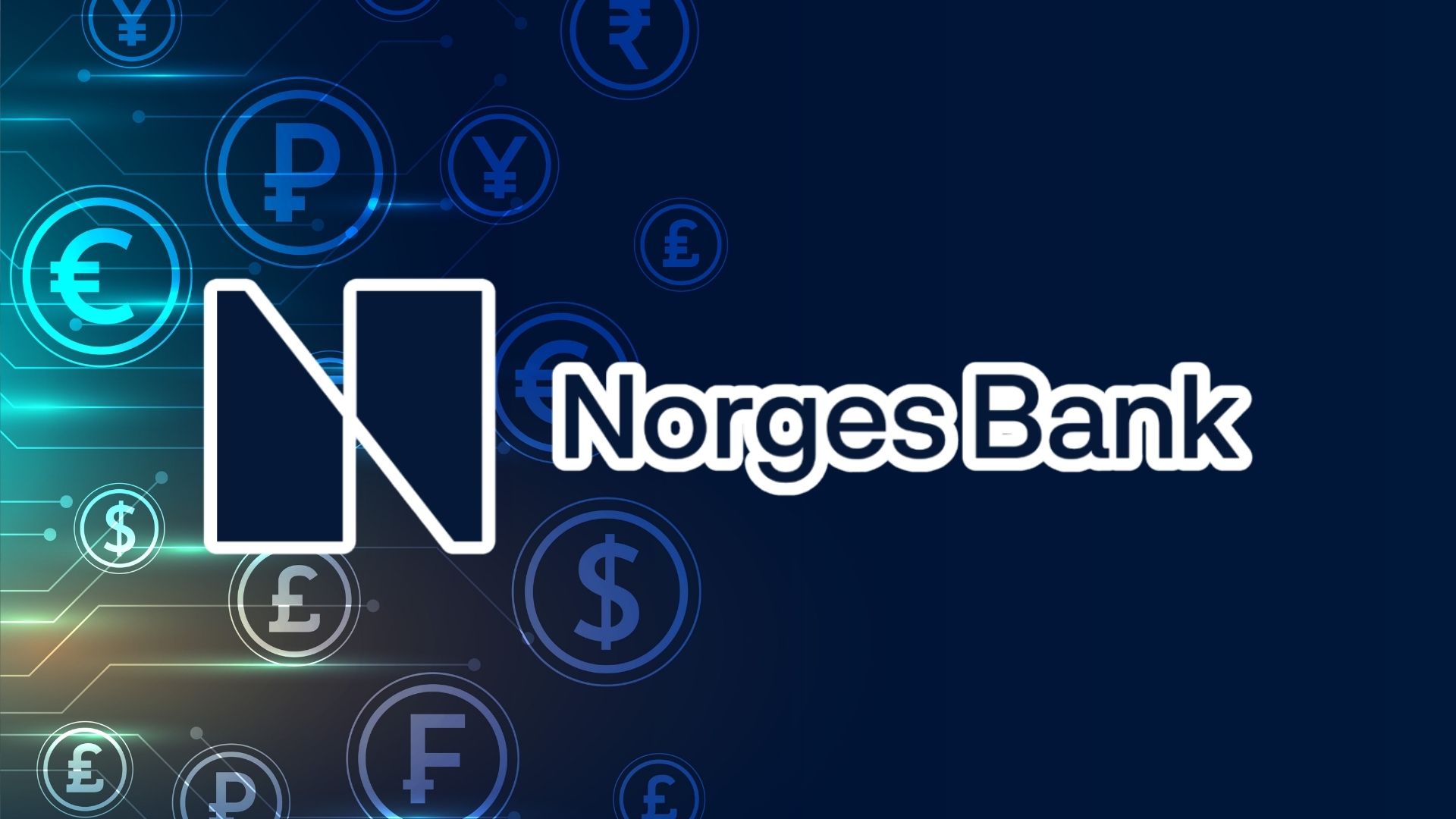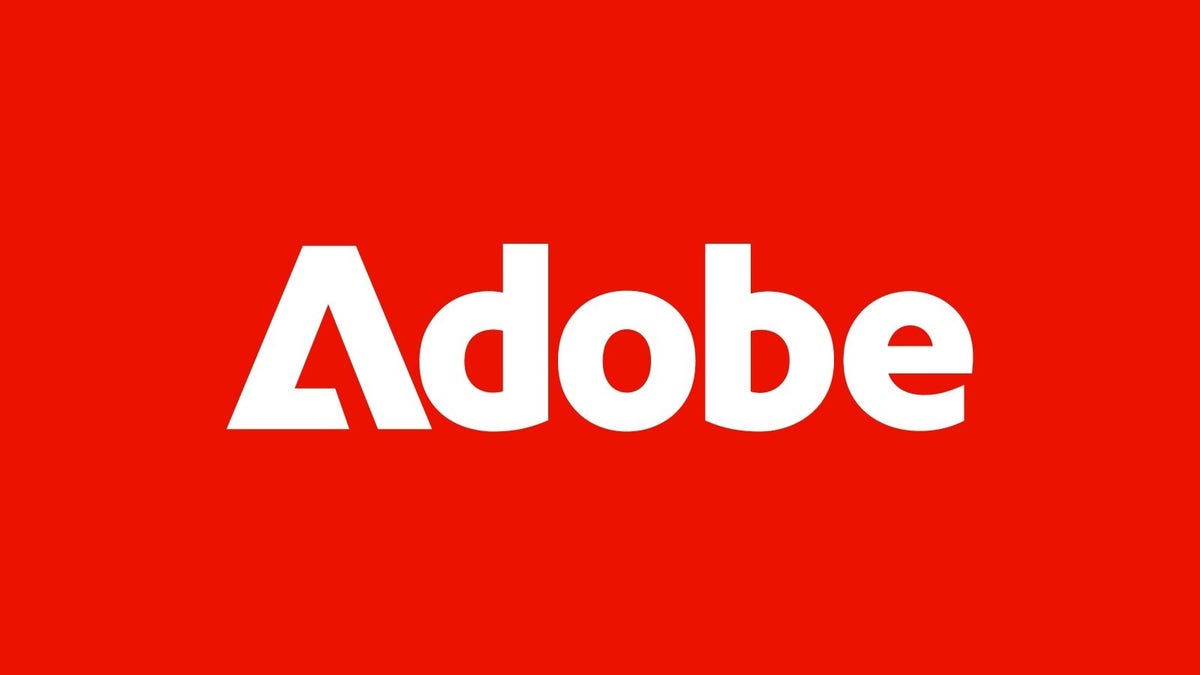The Swiss city of Lugano has advanced one of Europe’s most ambitious crypto-adoption programmes, with more than 350 shops and restaurants now accepting Bitcoin for everyday purchases, alongside municipal services such as pre-school childcare.
The city has distributed crypto-payment terminals free to local merchants, part of its Plan B initiative, launched in partnership with Tether to position Lugano as a European bitcoin hub.
Merchants cite lower transaction fees compared to credit cards, though adoption remains limited in practice. City officials and advocates envision a future ‘circular economy,’ where residents earn and spend bitcoin locally.
Early real-world tests suggest residents can conduct most daily purchases in Bitcoin, though gaps remain in public transport, fuel and utilities.
Lugano’s strategy comes as other national or city-level cryptocurrency initiatives have struggled. El Salvador’s experiment with making Bitcoin legal tender has seen minimal uptake, while cities such as Ljubljana and Zurich have been more successful in encouraging crypto-friendly ecosystems.
Analysts and academics warn that Lugano faces significant risks, including bitcoin’s volatility, reputational exposure linked to illicit use, and vulnerabilities tied to custodial digital wallets.
Switzerland’s deposit-guarantee protections do not extend to crypto assets, which raises concerns about consumer protection. The mayor, however, dismisses fears of criminal finance, arguing that cash remains far more attractive for illicit transactions.
Would you like to learn more about AI, tech and digital diplomacy? If so, ask our Diplo chatbot!










